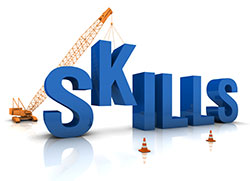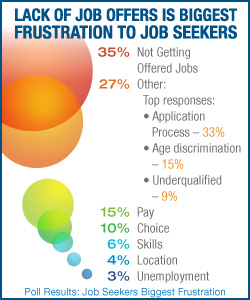 So, you’re looking for a new job.
So, you’re looking for a new job.
- Did you update your resume?
- Outline an easily customized cover letter?
- Find the perfect interview power suit?
- Make a list of jobs to apply for?
- Compile a list of quality references?
If your answer to that last question is no, then you’re missing a step in the hunt for your next job. Most employers will ask for references, and, while it’s debatable how many actually check the list, to not have a list is a serious no-no. But creating a list of references is really fairly simple, especially if you follow these five steps.
- Decide who to ask.
There are three types of references: professional, academic, and personal. Employers are most interested in the first, which can include former managers, co-workers, and vendors. Just keep in mind – the higher the ranking, the better. Only include academic references if you’ve been out of school for less than 4 years and personal references if you’ve played a significant role in volunteer projects or you are new to the working world. If you’re having trouble thinking of people, check out this top ten list. - Determine the best way to communicate.
Each person on your list and the relationship you have with that individual is unique, which means your method of communication may not be the same for everyone. Asking in-person or over the phone are more personal, but an email can be just as effective. Think about it from the perspective of the person you’re asking – what would they prefer? - Craft your message.
The basic question really is simple – can I list you as a reference? But it’s also a good idea to preface your question with a brief explanation of why you’re on the job hunt and what types of positions you’re seeking. - Help them prepare.
Make your references’ lives a little easier and send them your resume. Depending on how long it’s been since you’ve worked together, they may need a refresher on your work experience and abilities. Plus, they will be better prepared to answer any questions the hiring manager might have. - Follow up.
Your references are doing you a favor, so it’s considerate and professional to send them thank-you notes expressing your appreciation. It’s also a good idea to stay in touch and keep them informed of possible employers that could be contacting them. And, once you land a job, let them know about your new position and say thank you one more time.
You’ve invested a lot in your job search, so it’s well-worth the little bit of additional effort it takes to compile a reference list. What’s been your experience in asking for references? Have you ever had a reference that was the deciding factor in whether you were hired or not? Let us know in the comments section below.





